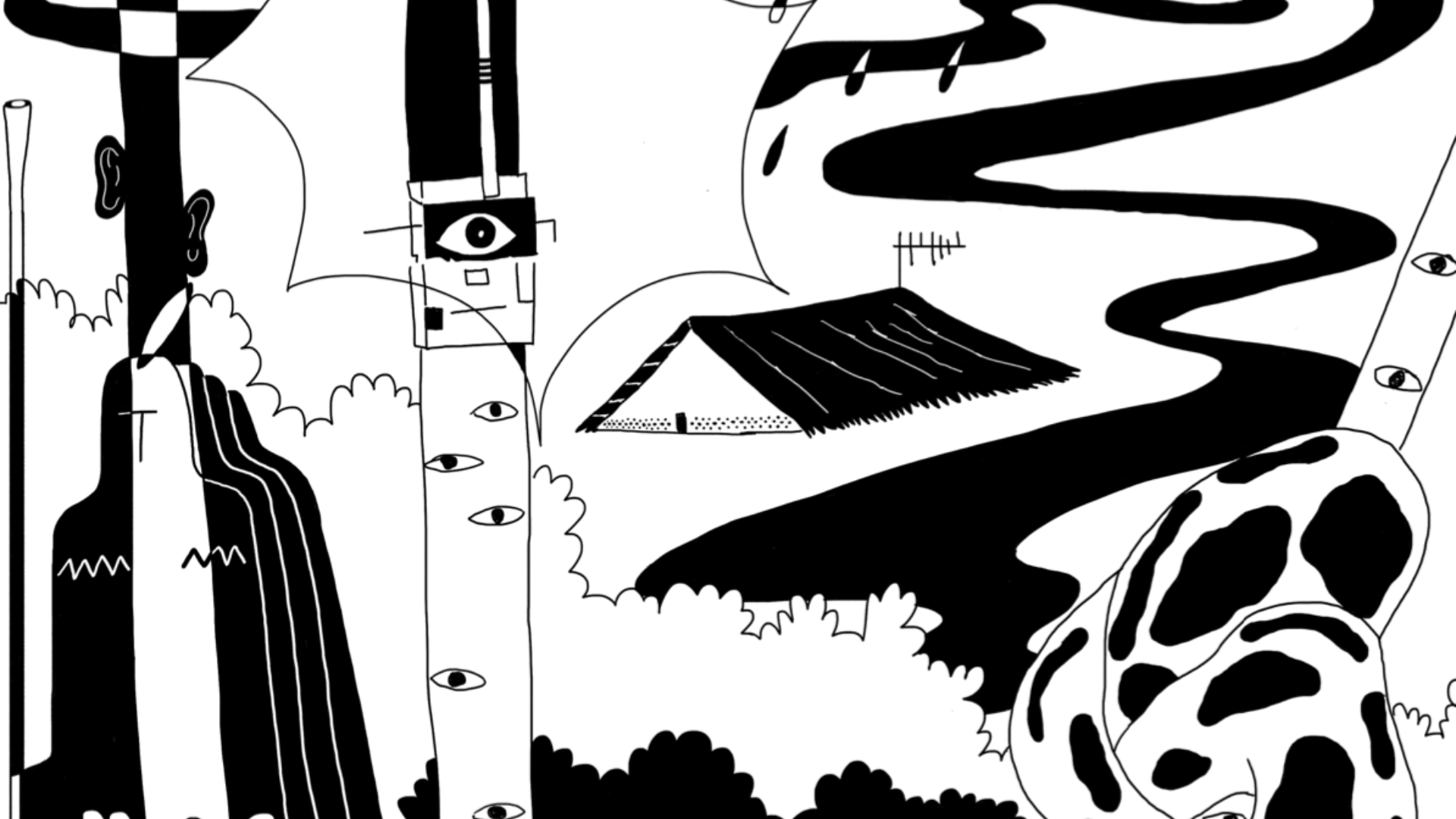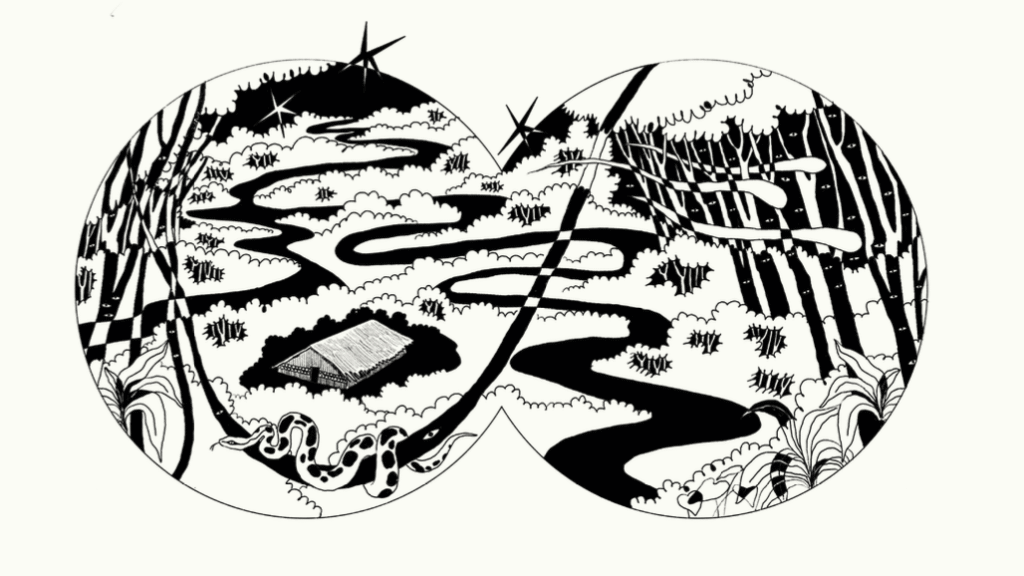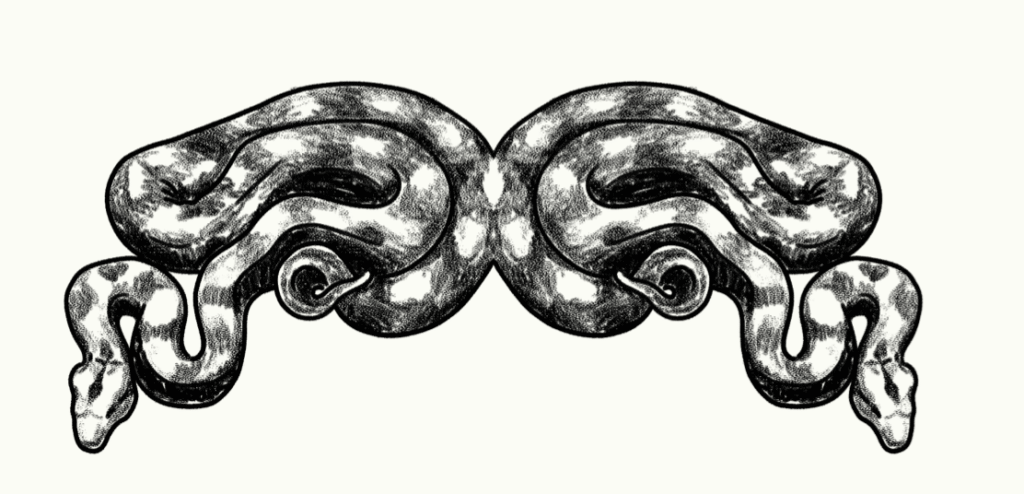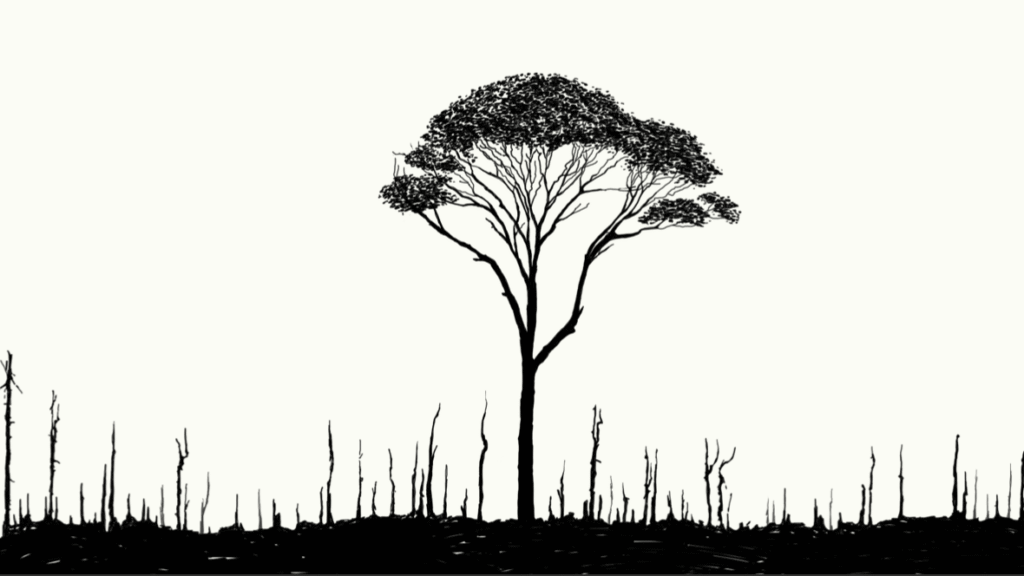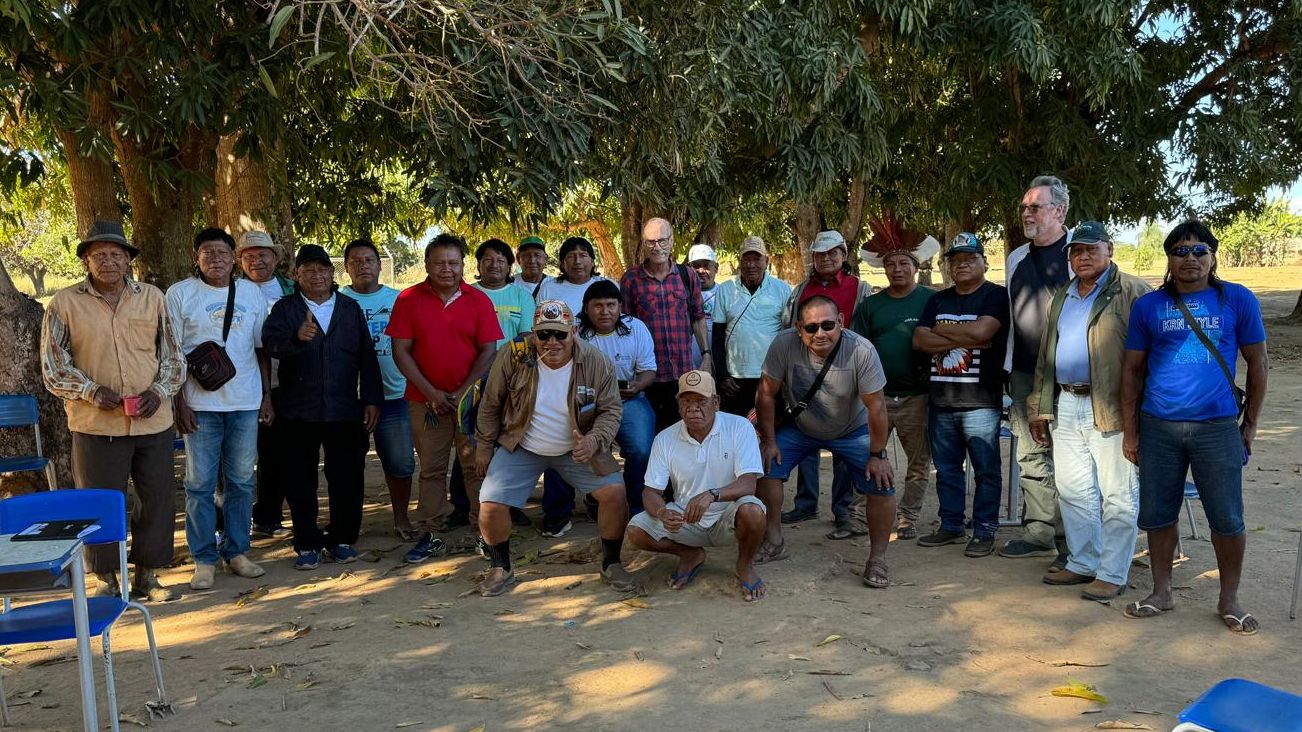Treesistance is proud to announce a new partnership with the Jacobs Foundation’s Futura Program, through their Rainforest Grants initiative. Together, we are working on An Indigenous Roadmap For Effective Forest Conservation in Brazil.
Deforestation in the Brazilian Amazon is not only one of the biggest environmental challenges of our time — it is also overwhelmingly illegal. Around 90% of forest loss happens outside the law, often in Indigenous territories that remain vast but under-protected. Yet most conservation efforts continue to treat it as a biological or social issue, overlooking a crucial truth: this is also a crime problem.
Treesistance is different. By applying crime science and situational crime prevention techniques, we work hand in hand with Indigenous communities to strengthen their ability to protect their territories. This approach doesn’t replace Indigenous knowledge — it complements and amplifies it, providing tools that guardians can use alongside generations of lived expertise.
Through this new partnership, Treesistance will collaborate with Indigenous territories across the Brazilian states of Pará, Amazonas, and Mato Grosso to protect more than one million hectares of primary rainforest and Cerrado. This includes the self-demarcation of five territories in the Lower Tapajós region of Pará, the development of access-to-justice strategies in TI Andirá-Marau (789,000 hectares) and TI Pimentel Barbosa (329,000 hectares), and the organisational strengthening of Indigenous leadership and coordination — foundations that are vital for the long-term success of each territory.
The Jacobs Foundation’s Futura Program contributes not only financial support, but also visibility and long-term partnership — helping to amplify Indigenous leadership and connect local guardians with international networks.
At its heart, this project is about amplifying Indigenous leadership. By ensuring that conservation strategies are guided by those who live in and depend on the forest, we not only protect territory — we build resilience, self-determination, and justice.
For Treesistance, this collaboration marks another step in scaling our model — linking grassroots defenders of the Amazon with global partners who share the vision of protecting forests not as commodities, but as living, breathing sources of life.

